Everything You Need To Start Fishing
Fishing is a fun and relaxing activity. Check out the essentials on what you'll need to get started, including the basic list of gear and tackle.
Fishing Essentials To Get Started
This fishing checklist will cover the basic freshwater fishing essentials. Use these steps to guide you as you learn how to start fishing with a spinning rod and open-faced spinning reel in a lake or pond. Once you learn about freshwater fishing for beginners, you can try saltwater fishing, fly fishing, or other types of fishing that might interest you -- just start with these basics and then build on your skills.
Use this list of everything you need to start fishing, which is basically a course in "fishing 101" that will walk you through the freshwater fishing basics.
Want to learn more about how to get started fishing? Download our FREE e-book "Everything You Need To Start Fishing Quick Guide" in partnership with Tailored Tackle.
All You Need to Start Fishing
Buy a Fishing License
The first step is to purchase a fishing license for the state you’ll be fishing in. You can buy a freshwater fishing license online or through an approved license vendor (such as a tackle shop or tax collector's office). The cost of a one-day or short-term fishing license is inexpensive (usually less than $20), although the exact price depends on the state and your residency status, since fishing licenses generally cost more for nonresidents. Those under 16 years old, can fish for free in most states. Check your state regulations for more information. If you plan to fish more than once or twice, check into buying an annual license. An annual license will cover you for the entire year, making it the most cost-effective option.
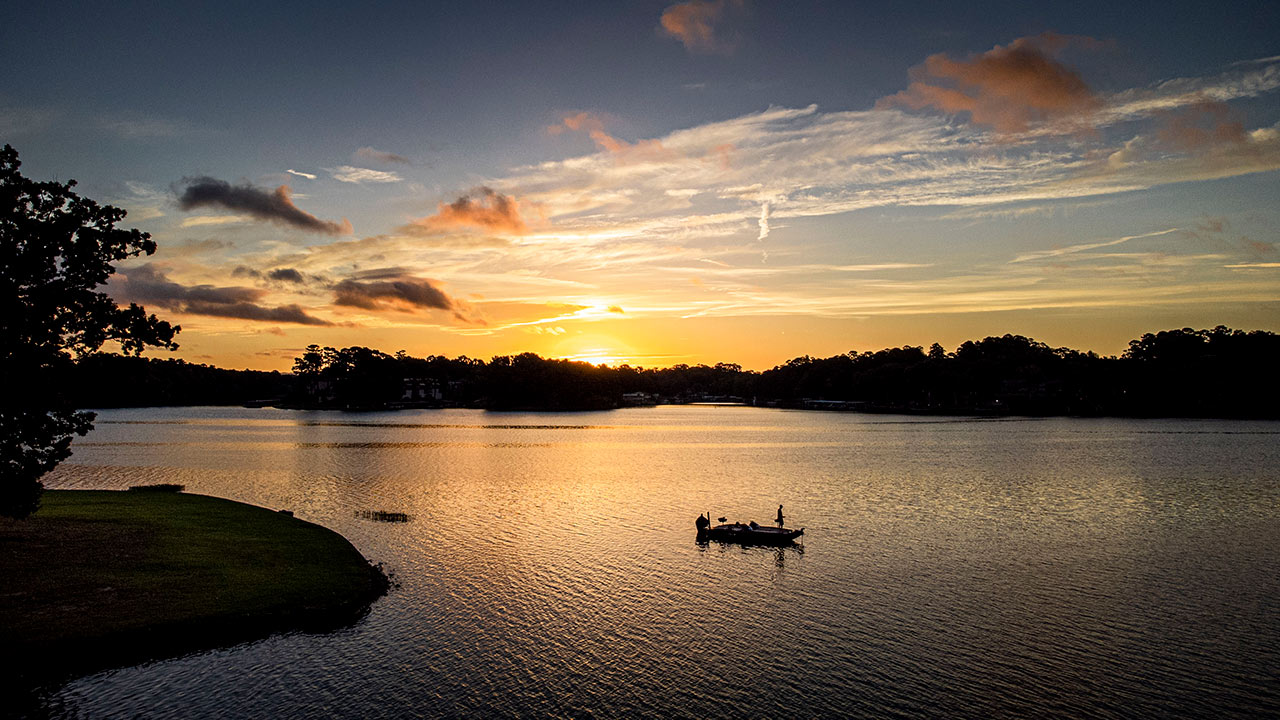
Get Fishing Tackle & Gear
Next, you will need some basic fishing equipment for beginners. Fishing tackle and gear can be affordable and easy to find through a local sporting goods store, tackle shop, or online retailer. Once you get more experience on the water, you may want to add different types of lures or gear, but a simple list of basics can get you started quickly.
Here is everything you need to start fishing freshwater lakes or ponds from a tackle and gear standpoint:
- Spinning rod and reel combo (light to medium light for panfish, medium action for bass or catfish)
- Monofilament fishing line (4 to 6-pound test for panfish, 8 to 12-pound test for larger species like bass or catfish)
- Hook assortment (size 8 for panfish, up through 2/0 for bass or catfish)
- Bait (such as live crickets for bluegill or earthworms for bass)
- Bobbers
- Sinkers or split-shots
- Lures (jigs or small spinnerbaits are two good options for beginners)
- Pliers with a line cutter
Find Places to Fish and Boat near you
Once you have your license and gear ready, the next step is to find a fishing spot. You can easily find a place to go freshwater fishing by checking resources such as the Places to Fish and Boat Map, or by downloading a mobile app like Fishbrain. Both of these resources provide current information about local waterways and boat ramps.
Small lakes or ponds are good options when starting out because most lakes have a bank, dock, or a pier for easy access and calmer waters can make fishing easier. Lake fishing for beginners usually involves targeting species like largemouth bass, bluegill, perch or catfish.
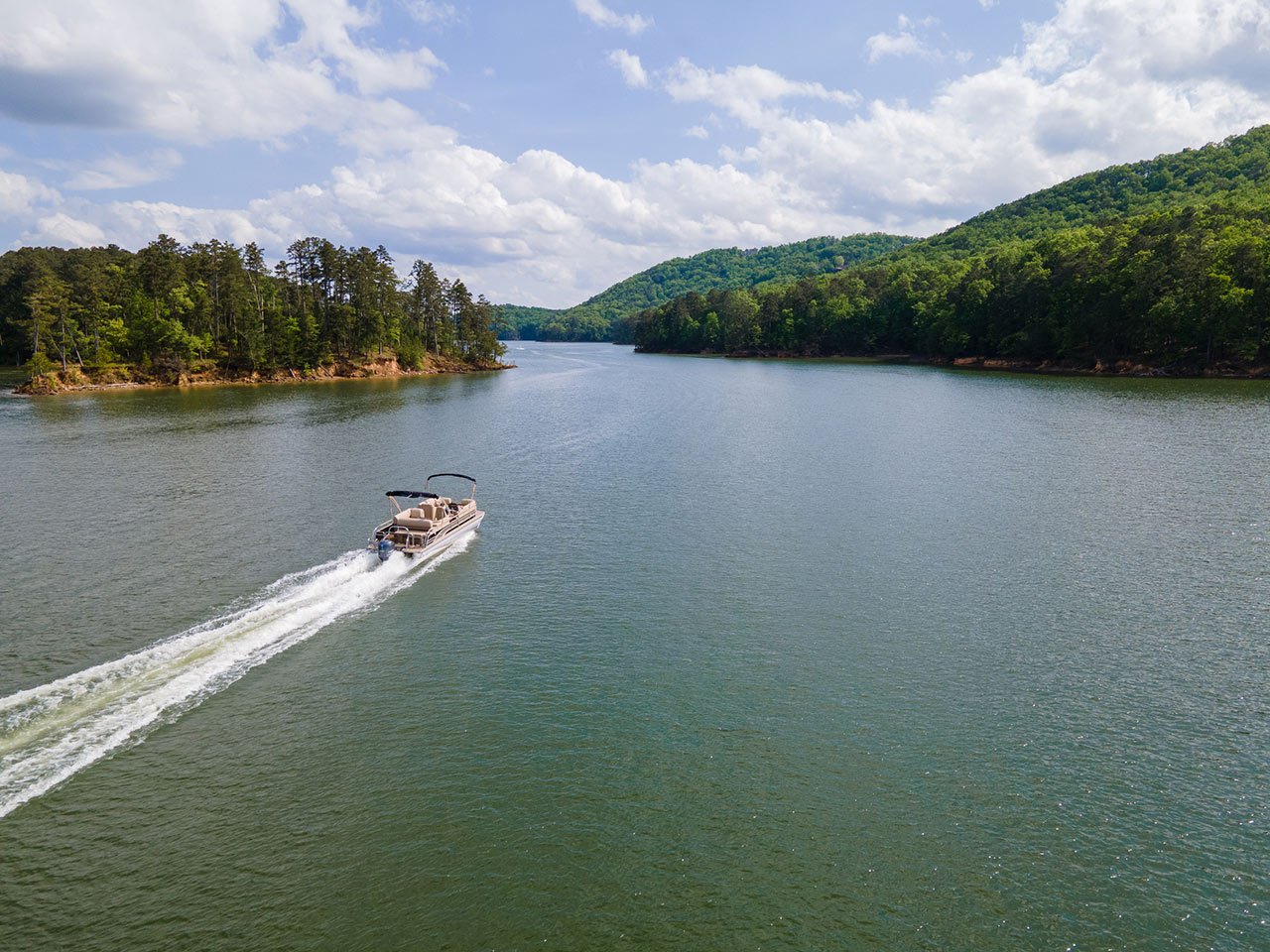
Learn about Fishing Conservation
Before heading to your first spot, find out how to be an ethical angler by applying responsible fishing conservation practices. Fishing conservation means being respectful of the environment, taking care of our natural resources, and being respectful of other anglers.
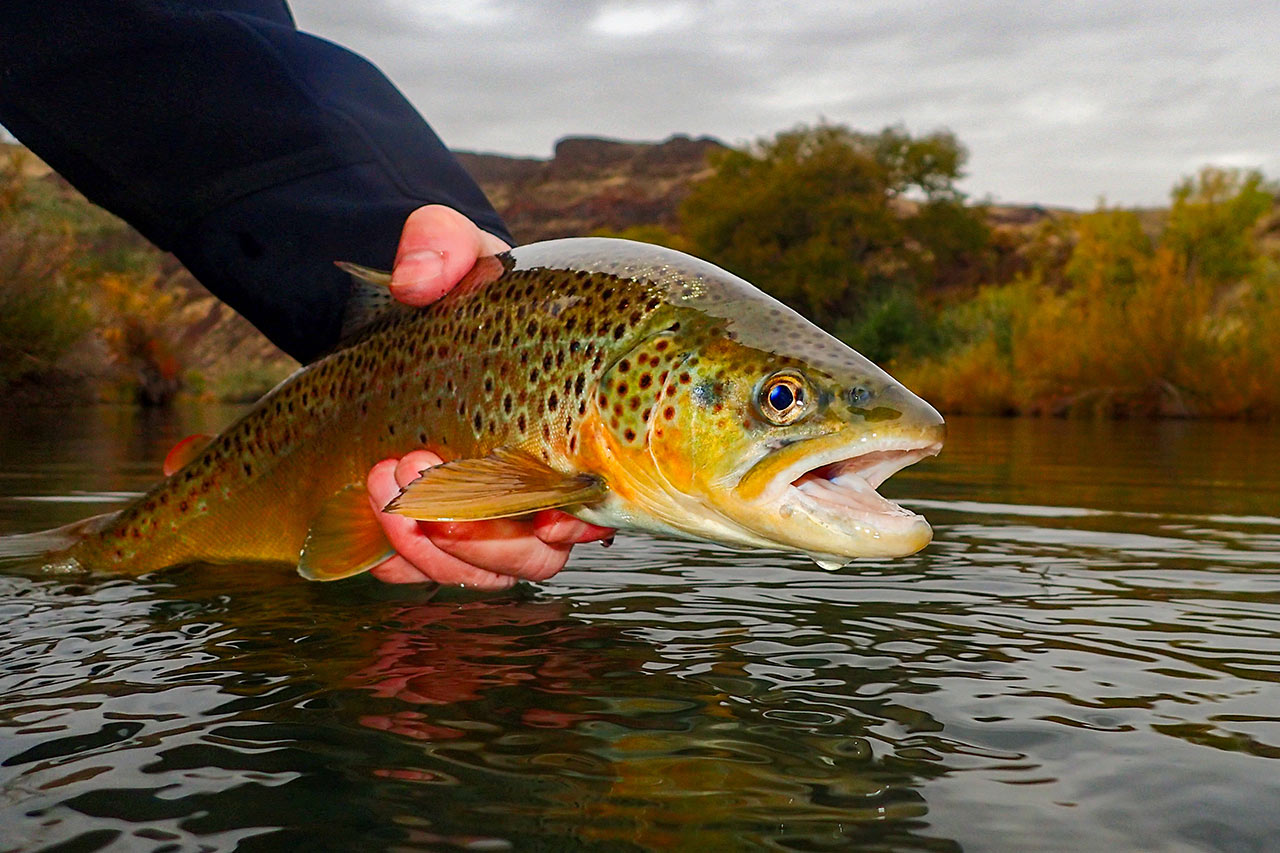
Here are a few examples of responsible conservation practices:
- Don't keep more fish than you and your family can eat.
- Learn proper catch and release techniques to help ensure that any fish you don't keep, either when fishing for sport or because they are not within the regulations, have the best chance at survival.
- Pack out what you pack in, and pick up any litter you see while on the water.
- Make sure you know the fishing regulations (including size limits, bag limits) in the state and the waterways you plan to fish.
- Visit your state agency department’s website frequently for updates or changes to fishing regulations and laws.
- If you are fishing from a boat, don't power through rooted aquatic vegetation.
Conservation practices like these will help ensure that our fish populations thrive and present fishing opportunities for future generations of anglers.
Skills you can use
Finally, when you start fishing you will want to learn few basic skills. These skills include tying knots, casting, and landing fish.
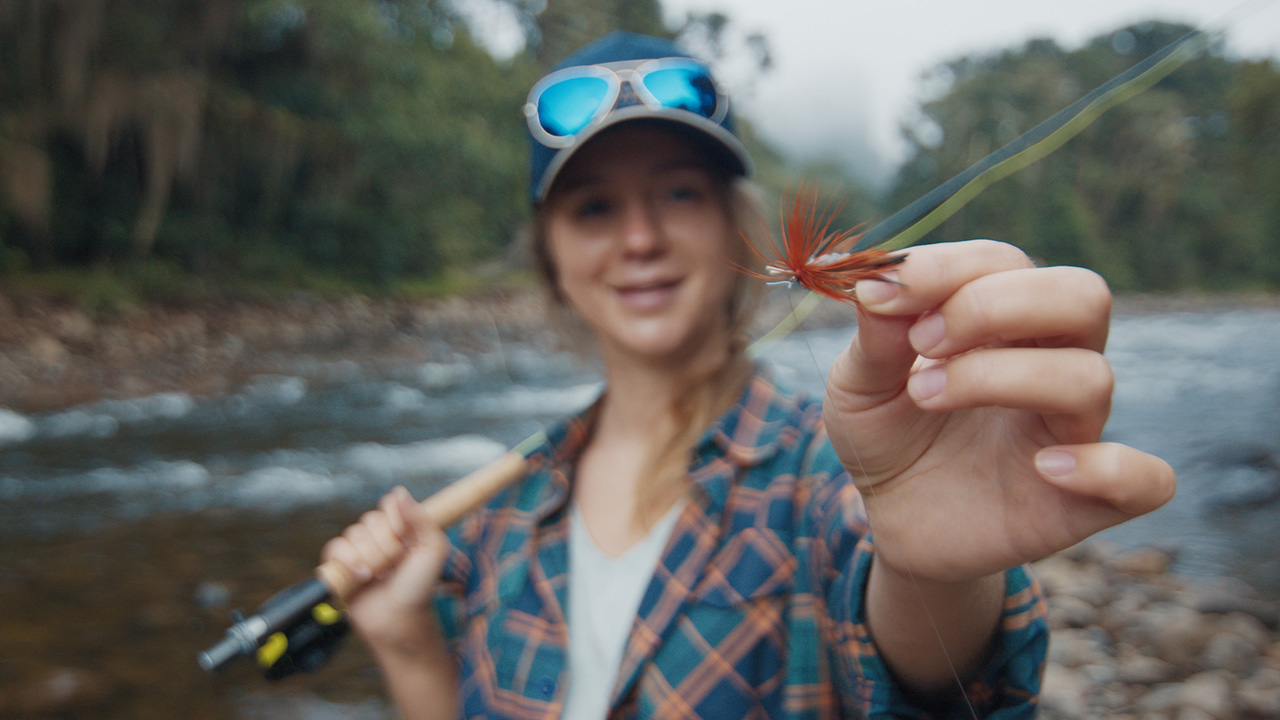
Basic Fishing Knots
- Learn how to an Arbor Knot to connect your fishing line to your reel.
- Practice a line-to-line knot, such as a Surgeon's Knot, to connect your fishing line to your leader.
- Learn how to tie a terminal knot, such as a Clinch Knot, to connect your fishing hook to your fishing line or leader.
Learn How to Cast
Watch online videos to get tips on how to cast a fishing rod. The more time you spend practicing and casting at specific targets, the more your accuracy will improve.
How To Land a Fish
Bringing your catch to the pier, bank, or boat means knowing how to properly land a fish. You can watch online videos or read a few tips that will help you keep more fish on the end of your line.
Find Beginner Boating Resources
If you don't want to limit yourself to fishing from a bank or pier, there are a few types of boats that are ideal for anglers who want to get started boating. Learning how to boat can open up a much wider selection of fishing spots and can be a great way to relax on the water with your family.
Aluminum fishing boats, pontoons, and deck boats are just a few types of boats that are often used when lake fishing. You can use an online boat comparison tool to help narrow down your choices based on the number of people in your family and any other water sports you may be interested in.
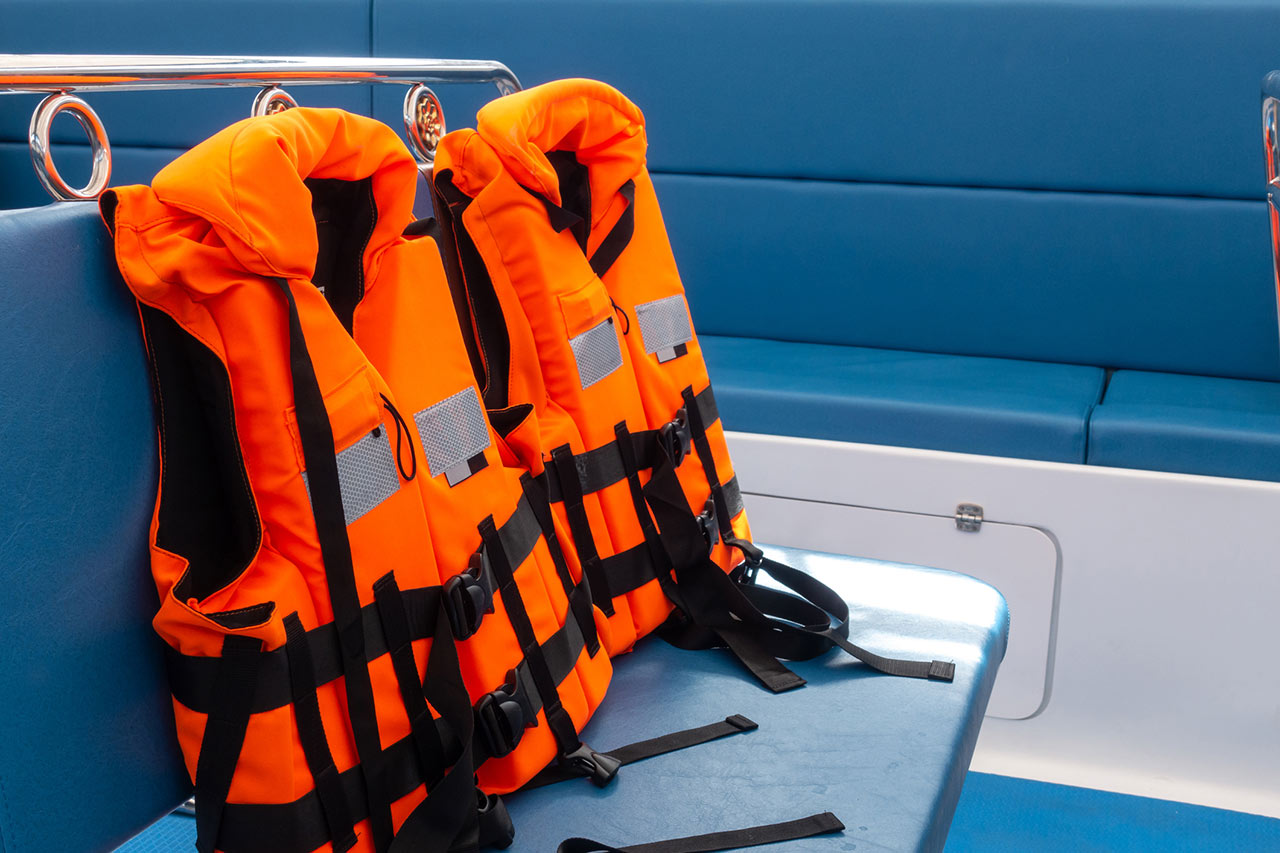
KEEP LEARNING
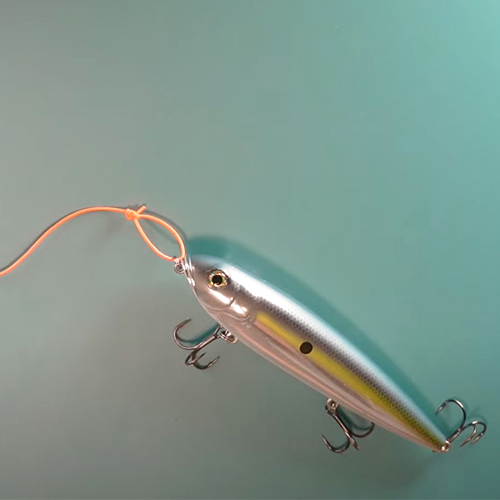
How to Tie the Non-Slip Loop Knot
The non-slip loop knot is a popular and reliable choice for securing hooks, lures, and other tackle to your fishing line.
LEARN MORE
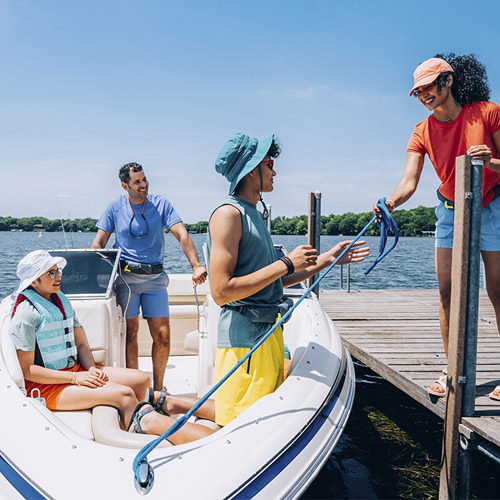
Socials
Take me fishing social media links
LEARN MORE
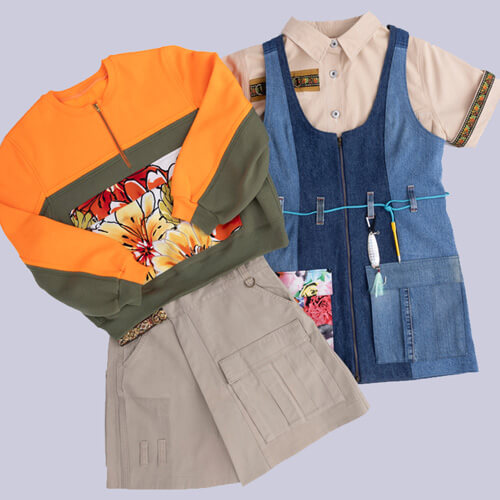
TakeMeFishing x Teen Vogue
Join us on a creative journey as fashion designer Ahmrii Johnson walks us through her collaborative vision and process with Teen Vogue and fashion brand, Rentrayage, to create a special piece.
LEARN MORE

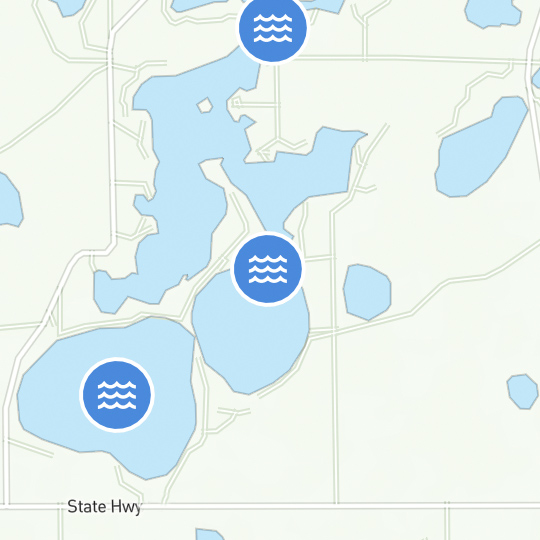
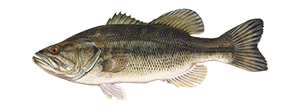.png?lang=en-US&ext=.png)